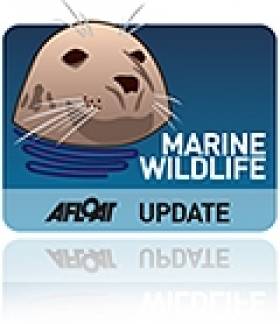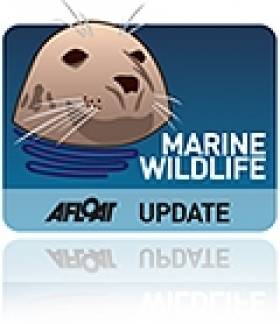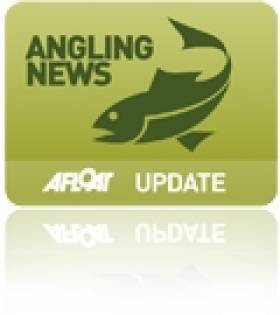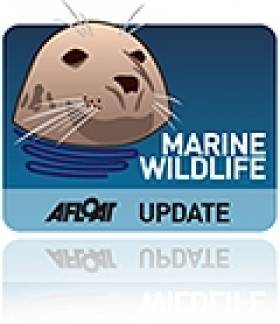Displaying items by tag: shooting
'Rogue' Anglers May Shoot Seals Threatening NI Fish Stocks
#MARINE WILDLIFE - Northern Ireland's Green Party has warned that "rogue" anglers may shoot seals that are consuming their fish stocks unless they are relocated, the Belfast Telegraph reports.
The protected seals have been getting into the River Quoile in Co Down, allegedly by way of a damaged fish pass, and decimating the area's fish stocks - much to the consternation of local anglers.
Earlier this week Leisure Minister Carál Ní Chuilín confirmed in a response to a question from Green Party MLA Steven Agnew that department officials have requested the Rivers Agency to carry out repairs on the fish pass.
But she also said that no action can be taken to remove seals from the river "without the approval of the Northern Ireland Environment Agency", adding that her department "does not have the specialist knowledge and equipment to remove the seals".
A Green Party spokesperson described the repair work as "absolutely vital because even if the seals are safely removed from the Quoile they will only make their way back in if the fish pass is not repaired.
"And a rather worrying consideration is that a very small rogue element would be prepared to shoot the seals if a solution is not forthcoming.”
Seal shootings have been much in the news as of late, with gardaí in Waterford investigating attacks on four animals in Tramore.
Garda Investigates Waterford Seal Shootings
#MARINE WILDLIFE - Newstalk reports that gardaí are investigaing the shooting of seals on a Waterford beach.
As previously reported on Afloat.ie, fears are mounting of an illegal cull of marine wildlife in the area after a seal and a dolphin were found dead from gunshot wounds within a day of two seals being discovered with similar wounds.
All four animals were found along the same stretch of Tramore Beach late last month.
A spokesperson for the Irish Seal Sanctuacy pointed the finger at an illegal cull allegedly carried out by local fishermen.
The Irish Wildlife Trust has welcomed the Garda investigation into the incidents, and has called on the public to report any relevant information they may have.
Atlantic Salmon Trust Launches 2012 Auction Online
#ANGLING - The Atlantic Salmon Trust's 2012 Fishing Country Sports Auction went live this week, with some 300 lots offered - including three prime Irish fishing spots on the Blackwater, Mourne and Drowes.
“The annual auction remains our single most significant fundraising event and its success is essential to helping us continue our work,” said AST chief executive Tony Andrews in The Irish Times.
Aside from top fishing opportunities in England, Scotland and Wales, spots in Russia are also featured, as well as deer stalking excursions and shooting days.
For art lovers, sporting prints and watercolours are included in the lots, as is a limited edition of the acclaimed Atlantic Salmon Magic, and Salmon Rivers, one of the best recent publications on the Atlantic salmon. They could be the perfect gift for someone's Valentine's Day.
Bids will close on 14 February for the online auction at www.atlanticsalmontrust.org/auction/.
Dunmore East Seal Shooter is Fined, Loses Guns
Waterford Circuit Court has upheld the District Court's prosecution of a fisherman for animal cruelty after the shooting of a seal in Dunmore East harbour.
The unnamed shooter – who was formally licensed by the National Parks and Wildlife Service for animal control – was fined €1,000, barred from further licence for 10 years and given a suspended sentence for 'attitude'. He also had his guns confiscated by the court.
The case followed from an incident in February 2007, when a bull grey seal in Dunmore East harbour was shot at close range and left to die, apparently in full view of tourists and other onlookers.
Grey seals are a protected species under the Wildlife Act 1976, but are often considered a pest within fishing communities.
Brendan Price, director of the Irish Seal Sanctuary, commented after the verdict: "The judge sent out a timely message [to the effect that] such actions against seals and the State will not be tolerated."

































































